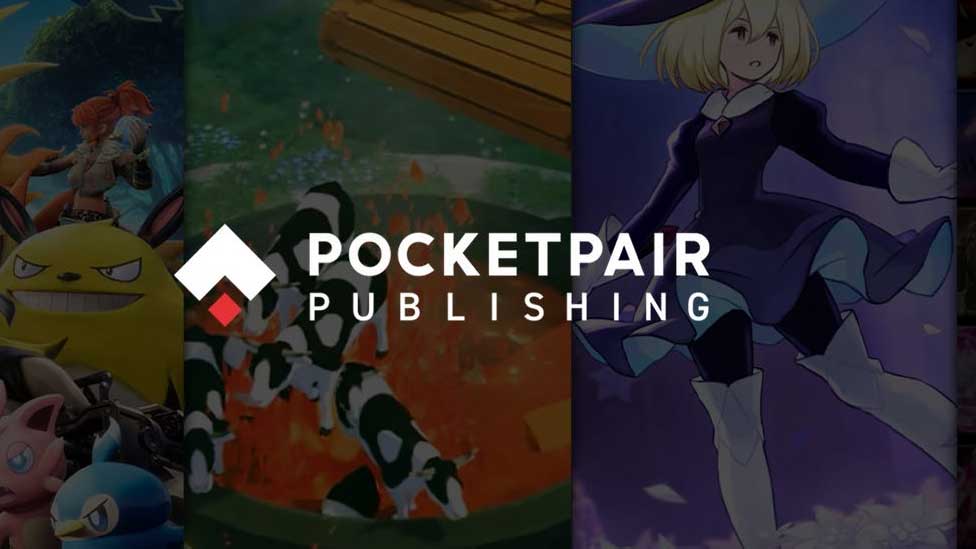Tokyo — Palworld developer Pocketpair, the studio behind one of 2024’s most talked-about games, has drawn a clear line in the sand when it comes to emerging technologies like generative AI, Web3, and NFTs. The company’s newly launched publishing arm has declared that it will not support or fund games built around these technologies — a rare stance in an industry increasingly experimenting with artificial intelligence and blockchain integration.
“We Don’t Believe in It”
Speaking at Gamescom Asia, Pocketpair’s communications director and publishing manager John “Bucky” Buckley told Game Developer that the company’s position couldn’t be clearer. “People are going to say I’m lying, but these are just the hard facts,” he said. “We don’t believe in it. We’re very upfront about it.”
Buckley added that the company’s policy extends to Web3 and NFT-based titles: “If you’re big on AI stuff or your game is Web3 or uses NFTs, there are lots of publishers out there who’ll talk to you — but we’re not the right partner for that.”
A Clear Philosophy for Pocketpair Publishing
Pocketpair’s publishing division, launched in January 2025, was created to help independent developers bring their games to market. The division has already seen massive interest, receiving over 400 emails, 150 formal pitches, and more than 2,000 LinkedIn connection requests in its first week.
Despite the influx of attention, Pocketpair is sticking firmly to its principles. The publisher’s debut title is an upcoming horror game from Surgent Studios, known for Tales of Kenzara: ZAU. The project will feature voice acting from notable names such as Baldur’s Gate 3’s Neil Newbon and Final Fantasy XVI’s Ben Starr — a clear indication that Pocketpair intends to back ambitious, high-quality creative projects rather than trend-driven experiments.
Why Pocketpair Rejects AI and NFT Integration
Buckley’s skepticism of generative AI stems from what he describes as a growing problem within the gaming industry: a flood of low-effort, AI-assisted content that threatens to overwhelm digital storefronts. “It’s something that has plagued other stores, but Steam had been good at keeping them out,” he said. “But it’s happening.”
He warned that this shift could create a “culture of paranoia,” where legitimate developers are unfairly accused of using AI-generated assets. It’s a problem Pocketpair has already faced firsthand.
The Irony of the AI Accusations
When Palworld launched in early 2024, it became an overnight sensation — selling 5 million copies in just three days and attracting more than two million concurrent players on Steam. But alongside its success came a storm of controversy. Critics accused the game of being “AI slop,” citing similarities between its creature designs and those from Nintendo’s Pokémon franchise.
Online users dissected in-game models and pointed to old tweets by Pocketpair CEO Takuro Mizobe, who had once shared AI-generated “fakemon” experiments back in 2021. These posts fueled speculation that Palworld used AI or copied assets, claims the studio has consistently and emphatically denied.
Pocketpair explained that its designs were the work of a single artist who had previously been rejected by 100 other companies — an individual who now handles the majority of the game’s character art. The studio even released AI: Art Imposter, a tongue-in-cheek party game about spotting AI fakes, as a playful jab at the controversy.
“Fighting Back Only Fuels It”
Reflecting on the backlash, Buckley admitted that addressing online criticism can be a no-win situation. “You know, I can’t just come out and start fighting with these people who make the AI accusations, because that just fuels what’s going on,” he said.
Despite the controversies, Pocketpair continues to update Palworld regularly and remains one of Japan’s most-watched developers. The studio is also facing ongoing legal challenges from Nintendo, which has accused it of infringing on intellectual property rights related to the Pokémon series — claims that Pocketpair strongly contests.
A Stand for Human Creativity
In an industry increasingly divided over the role of generative AI, Pocketpair’s decision to explicitly reject the technology marks a significant philosophical stance. Rather than leveraging automation, the studio says it wants to champion originality and artistry in game development.
“AI and Web3 may have their place,” Buckley acknowledged, “but our focus is on supporting real creators — the people who put their heart and imagination into every pixel.”
As Palworld continues to grow and its publishing division gains traction, Pocketpair’s defiance against the tide of AI-generated and blockchain-backed content sets it apart as a developer determined to keep the “human touch” alive in gaming.
















